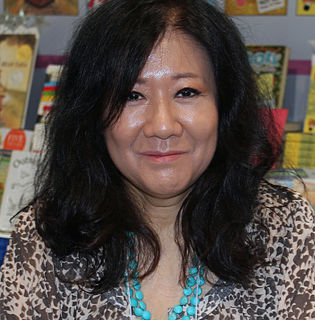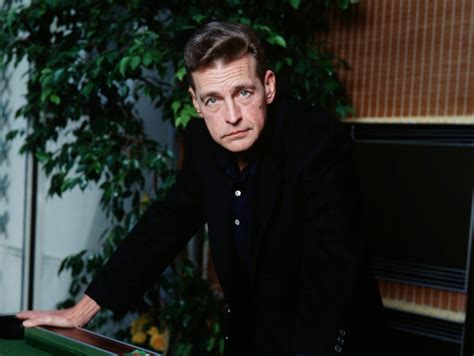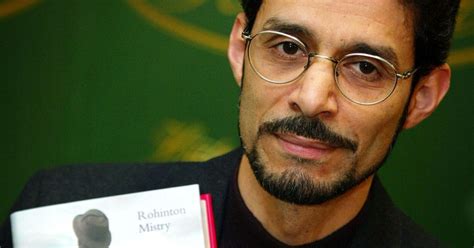A Quote by Tom Rachman
My intent was to gain experience for fiction I eventually hoped to write. But there's no question I was drawn in by the hope that journalism would be a creative, thrilling environment.
Related Quotes
I was a journalism major, and I would take creative writing classes as part of that, but I would also look for opportunities to write stories for some of my other classes. So for my course in Scandinavian history, I asked if I could write historical fiction instead of term papers. Sometimes they’d say yes.
It's very important for us because we are viewers, first and foremost. We view more than we make. For us, it's important that the viewing experience is fun and thrilling and exciting and fresh and different. Those are our goals when we are writing something. When you watch it in the theatre, which I hope you will, how will you have the best experience possible? That's really important to us, and is the most thrilling.
I was raised around a lot of artists, musicians, photographers, painters and people that were in theater. Just having the art-communal hippie experience as a child, there wasn't a clear line that was drawn. We celebrated creative experience and creative expression. We didn't try and curtail it and stunt any of that kind of growth.
The environment forces you to be utterly dependent between "action" and "cut" because the environment is perfect on your fellow actor. So as an acting exercise, it's absolutely thrilling that the focus that we had to bring to each other echoed in life, echoed in art. And when you get that parallel, it's really thrilling and it's full of surprises, but it all has a logic.
What you hope, you will eventually believe.
What you believe you will eventually know. What you know, you will eventually create. What you create,
you will eventually experience. What you experience,
you will eventually express. What you express,
you will eventually become.
This is the formula for all of life.
Each genre has its own process. I'm very intuitive about poetry. I usually write first and second drafts out by hand. The other end of the spectrum is journalism, which is much more cerebral, more thought-out and planned. Fiction lies somewhere in between. I usually start intuitively but eventually I need to stop and consider structure, or research, or both.
Every journalism bromide - speaking truth to power, comforting the afflicted, afflicting the powerful - that otherwise would be hopelessly sappy to a journalist of any experience, has become a Twitter grail. The true business of journalism has become obscured because there is really no longer a journalism business.
Creative non-fiction is such a liberating genre because it allows the non-fiction writer, whether he or she be journalist or essayist, to use all of the techniques of the fiction writer and all of the ideas, creative approaches, that fiction writers get a chance to use, but they have to use it in a true story.





































